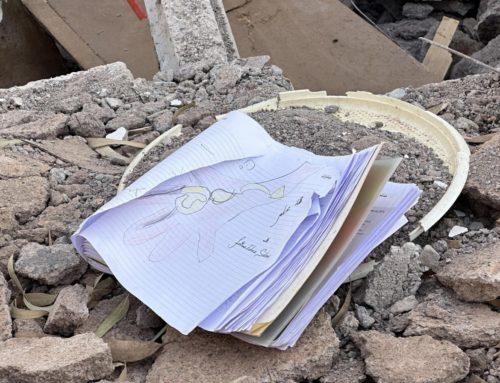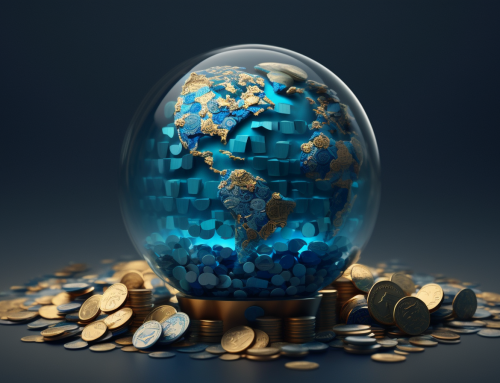Morocco is increasingly becoming an important player in the global renewable energy sector. With abundant natural resources such as sun, wind, and water, the country has great potential to become a leader in renewable energy production. Morocco has set an ambitious goal to generate 52% of its electricity from renewable sources by 2030, and the country is well on its way to achieving this target. However, there are still many opportunities and challenges in the renewable energy sector that need to be explored.
One of the most significant opportunities for renewable energy in Morocco is solar power. The country has some of the highest levels of solar irradiation in the world, making it an ideal location for solar power production. The Moroccan government has invested heavily in solar power plants, including the Noor Ouarzazate complex, which is one of the largest solar power plants in the world. This project has helped to position Morocco as a global leader in concentrated solar power technology.
Another important opportunity for renewable energy in Morocco is wind power. The country has significant wind resources, particularly in coastal areas. Morocco has already made progress in developing wind power projects, such as the Tarfaya Wind Farm, which is one of the largest wind farms in Africa. However, there is still significant potential to develop more wind power projects, particularly offshore wind.
Despite the significant opportunities, there are also many challenges that need to be addressed in order to achieve Morocco’s renewable energy goals. One of the biggest challenges is the high cost of renewable energy technology. While the cost of renewable energy has decreased significantly in recent years, it still remains more expensive than traditional fossil fuels. The Moroccan government has implemented a range of policies to support renewable energy development, such as feed-in tariffs and tax incentives, but more needs to be done to make renewable energy competitive with fossil fuels.
Another challenge is the lack of infrastructure to support renewable energy production. Morocco has a relatively weak power grid, which can make it difficult to transport energy from remote renewable energy sites to urban areas. This requires significant investment in new infrastructure to upgrade the country’s power grid and make it more resilient and efficient.
There are also social and political challenges that need to be addressed in order to achieve Morocco’s renewable energy goals. For example, the country’s rural populations are often excluded from the benefits of renewable energy development, and there is a need to ensure that these communities are included in the planning and implementation of renewable energy projects. Additionally, there are political challenges related to energy subsidies and the role of traditional energy companies in the country.
Despite these challenges, Morocco has made significant progress in the renewable energy sector, and there is potential for the country to become a leader in the industry. In order to achieve this, there is a need for continued investment in renewable energy infrastructure and technology, as well as policies and programs to support renewable energy development.
In conclusion, Morocco has significant potential to become a leader in the renewable energy sector, but there are also many challenges that need to be addressed. The country has made significant progress in developing solar and wind power projects, but more needs to be done to make renewable energy competitive with fossil fuels. Additionally, there is a need for continued investment in renewable energy infrastructure and technology, as well as policies and programs to support renewable energy development. With the right policies and investments, Morocco has the potential to become a global leader in the renewable energy sector.







Leave A Comment